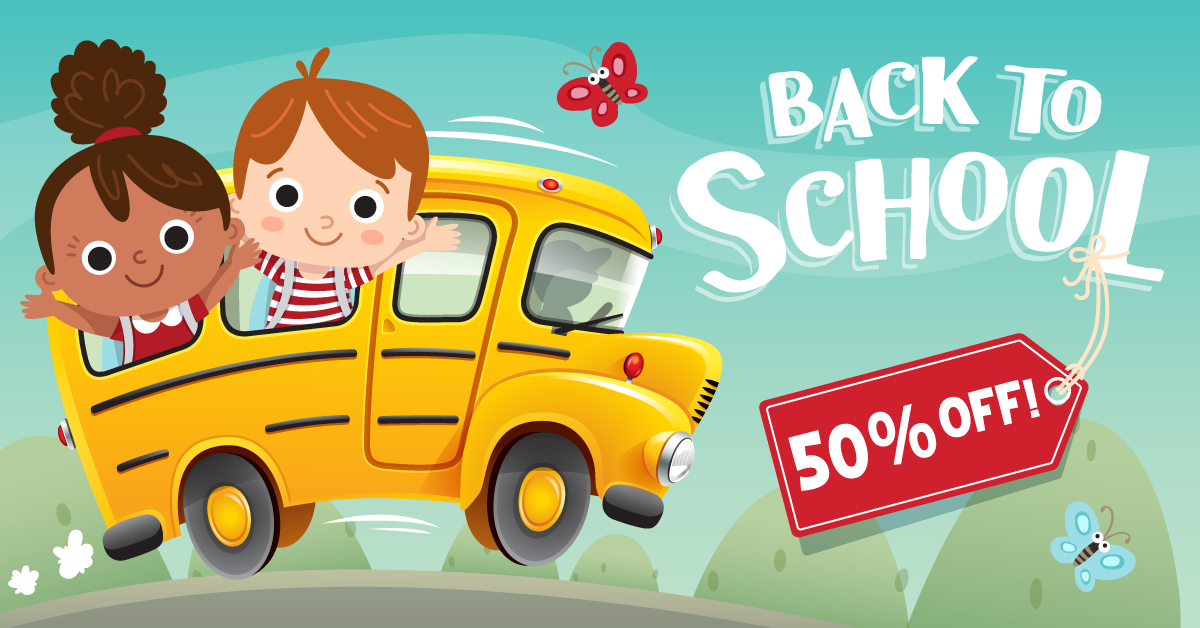Develop addition skills Math Worksheets for 8-Year-Olds
4 filtered results
-
From - To
Enhance your child's math proficiency with our "Develop Addition Skills" worksheets designed specifically for 8-year-olds! These engaging printable resources focus on reinforcing essential addition skills through a variety of fun exercises. With topics including single and double-digit addition, word problems, and interactive games, the worksheets cater to different learning styles and provide a comprehensive approach to mastering addition. Ideal for reinforcing classroom lessons or providing extra practice at home, our materials encourage independent learning while boosting confidence in math. Watch your child's addition skills grow as they explore these thoughtfully crafted activities, making math both enjoyable and educational!
Developing addition skills in 8-year-olds is crucial for several reasons. First, strong foundational math skills build confidence. When children master addition, they feel proud and empowered, which encourages them to tackle more complex math concepts in the future. This confidence is essential as it frames their attitude towards learning and school in general.
Moreover, addition is not just a standalone skill; it serves as the basis for other mathematical operations, such as subtraction, multiplication, and division. If students grasp addition well, they will find it easier to understand these related concepts, leading to better overall mathematical reasoning.
Additionally, proficiency in addition has practical applications in everyday life, helping children to handle situations like shopping, sharing, and budgeting, fostering critical thinking and problem-solving skills. Furthermore, strong math skills are linked to better performance in school, influencing not only grades but also a child's future opportunities.
Finally, parents and teachers play a vital role in fostering these skills through engaging activities that make learning fun and relevant, enriching children's educational experiences. Therefore, investing time and effort in developing addition skills at this age is crucial for paving the way for lifelong learning and success in academics and beyond.










.jpg)












